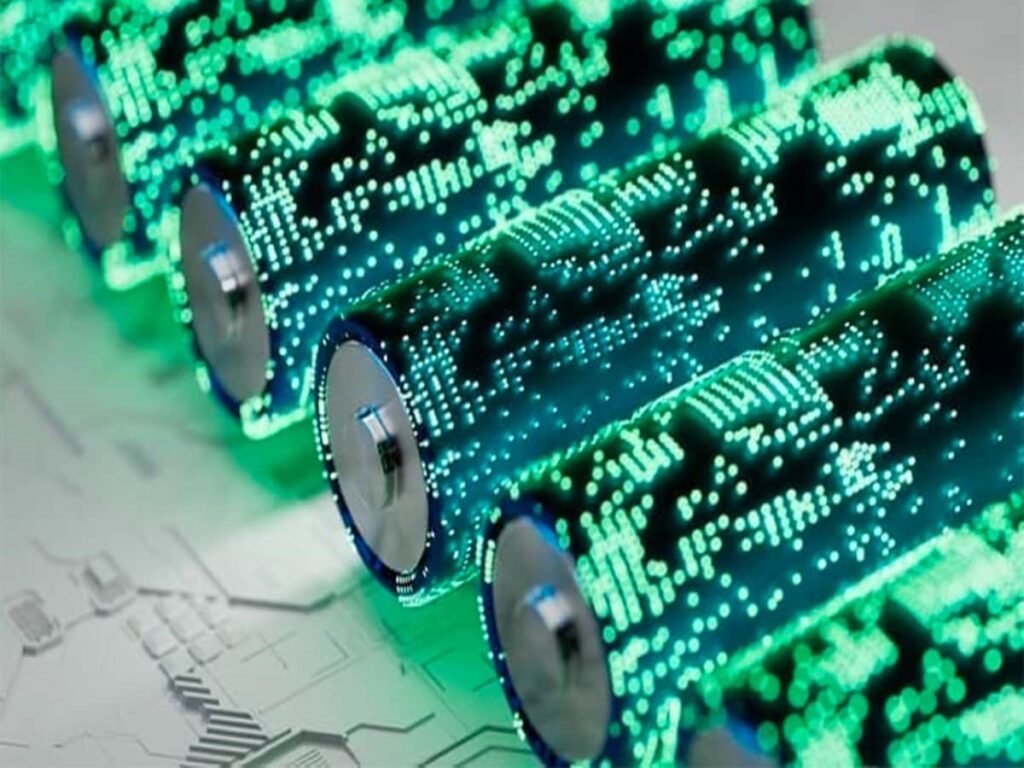AI Discovery: A New Substance Could Cut Lithium Use in Batteries

Microsoft, in collaboration with the Pacific Northwest National Laboratory (PNNL), has utilised artificial intelligence (AI) and supercomputing to uncover a groundbreaking substance that could potentially reduce lithium use in batteries by up to 70%. This discovery, known as N2116, has already powered a lightbulb and demonstrates significant promise in addressing lithium shortage concerns.
Using AI and supercomputers, Microsoft researchers swiftly narrowed down 32 million potential inorganic materials to 18 promising candidates in less than a week. This accelerated screening process, accomplished in under nine months from discovery to a working battery prototype, is a revolutionary approach compared to the traditional two-decade timeline using conventional lab research methods.
Executive Vice President of Microsoft, Jason Zander, emphasised their mission to compress centuries of scientific discovery into decades, foreseeing technology like advanced AI playing a pivotal role in future scientific breakthroughs.
Lithium, often referred to as “white gold,” is a critical component in lithium-ion batteries powering various devices, from electric vehicles to smartphones. With rising demand, the world faces a potential lithium shortage by 2025. The discovery of N2116 could provide a sustainable solution, given its potential to reduce dependence on lithium mining, a process known for its environmental impact.
The newly unveiled AI technology differs significantly from traditional approaches. Trained on molecular data, Microsoft’s AI can decipher chemistry, ensuring reliability in scientific discovery. The AI, coupled with expert evaluation from PNNL, identified N2116 as a promising material, showcasing the potential of advanced AI in accelerating the innovation cycle for sustainable energy solutions.
While acknowledging the transformative potential of AI in the lithium-ion battery industry, experts stress cautious optimism, emphasising the need for careful scrutiny to avoid spurious results. As the energy landscape evolves, AI-driven discoveries like N2116 signal a paradigm shift in scientific exploration, promising faster advancements in sustainable energy storage solutions.
